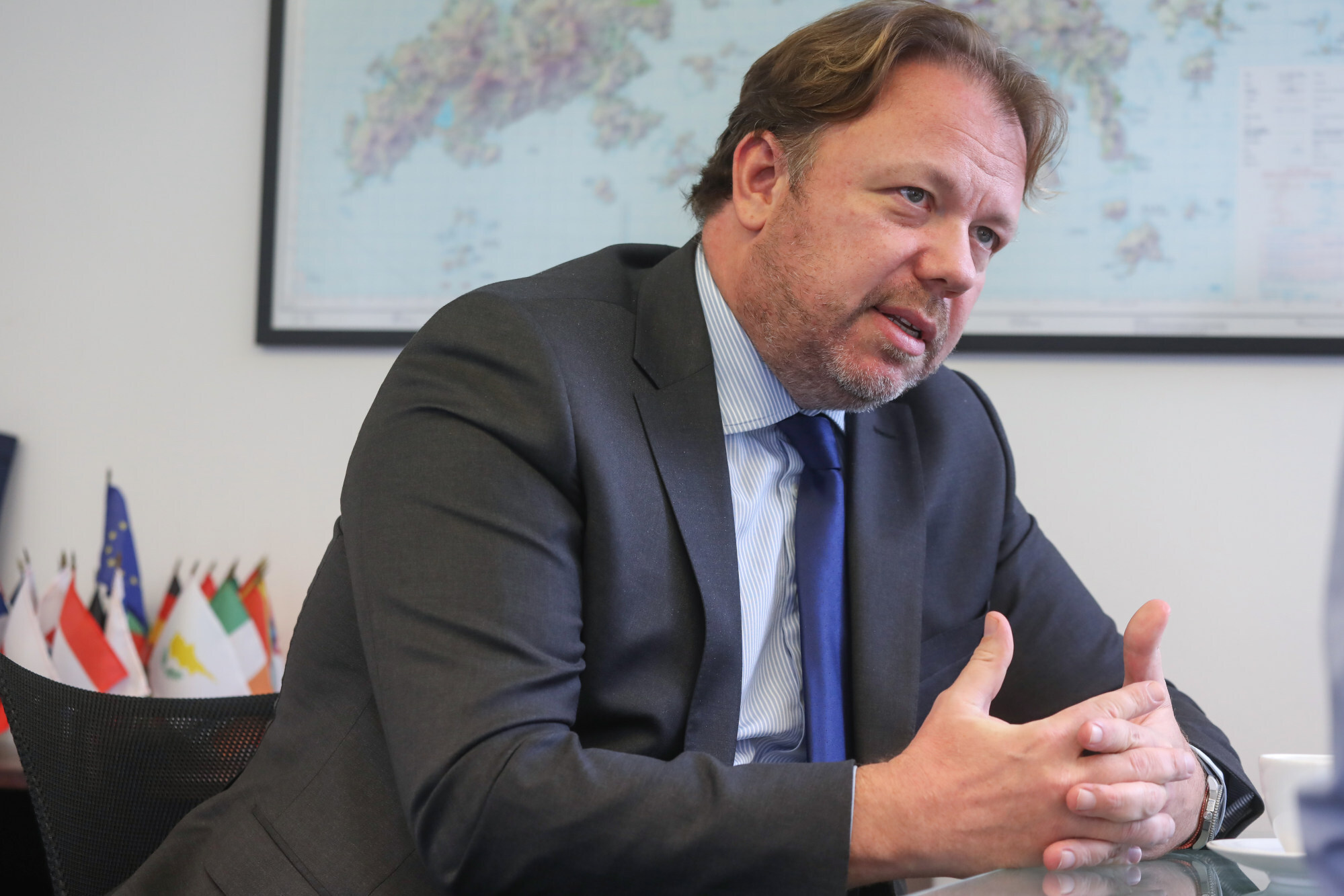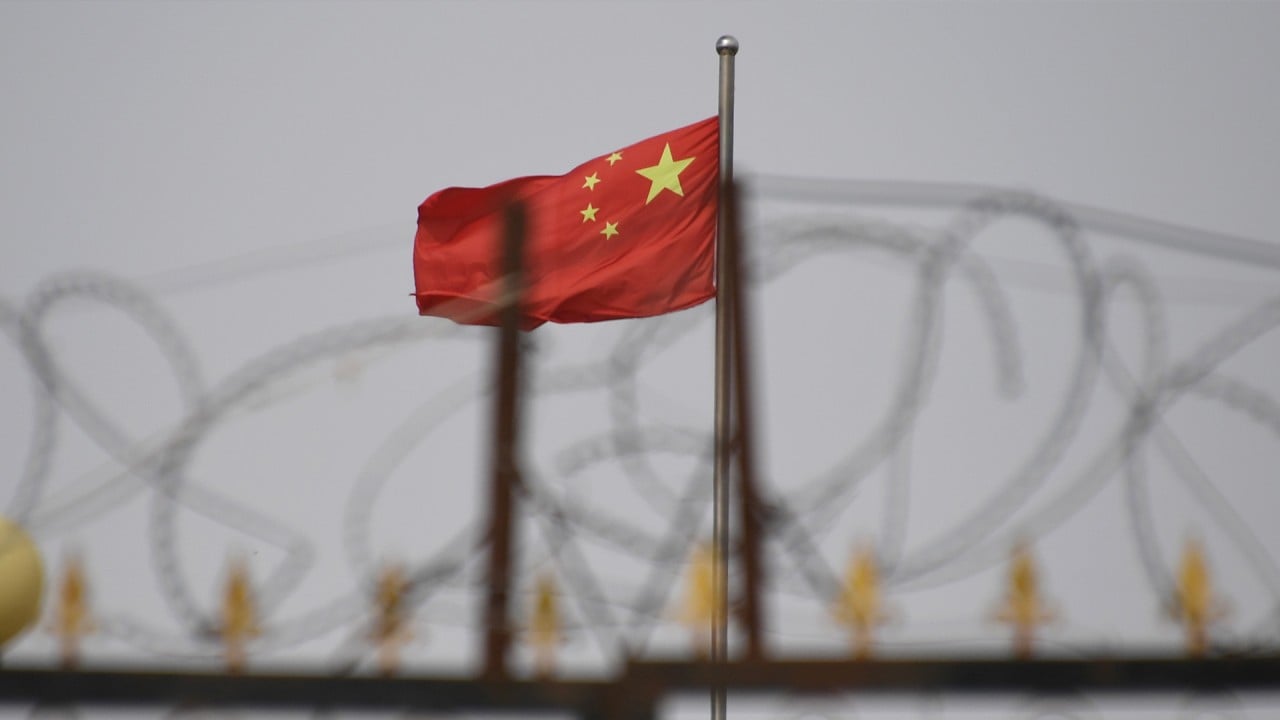
EU to increase presence in Indo-Pacific under new strategy
- European Council adopted document covering areas ranging from trade to climate change and maritime supply routes
- It is widely seen as Brussels heeding Washington’s call for allies to boost engagement in the region to counter Beijing
The EU is poised to boost its presence in the Indo-Pacific after the European Council adopted a strategy on Monday to reinforce its focus and actions in the region.
The EU will also continue to develop partnerships in security and defence, including to address maritime security, disinformation, terrorism and organised crime, according to a statement which did not specifically mention China or concerns that have been raised over its aggressive maritime actions in the region.

Thomas Gnocchi, head of the EU Office to Hong Kong and Macau, said the overall aim of the strategy was to increase Europe’s strategic focus, presence and actions in the Indo-Pacific, “because we have strong stakes in the region”.
“The Indo-Pacific region is a very wide area. It’s important in terms of economic growth – two-thirds of the economic growth in the world is happening in this area and three out of the four largest economies are in this area,” he said.
“Regarding climate change, over half of the carbon dioxide emissions are coming from this area, and that’s why it’s very important to engage on different fronts with the Indo-Pacific.”
Gnocchi also said the EU would take a pragmatic approach when working with nations in the region.
“With some countries, we are more advanced on environmental cooperation, and then we will bring that agenda forward,” he said. “With others we may have another topic, say, security.”
Gnocchi said the EU would cooperate with China on certain issues, giving climate change as a prime example.
EU drops plans to punish China over Hong Kong electoral reform
But Gnocchi noted that human rights was a hurdle between the two sides, since “it’s fairly clear that on human rights, we don’t have a common vision on how to see this issue”.


